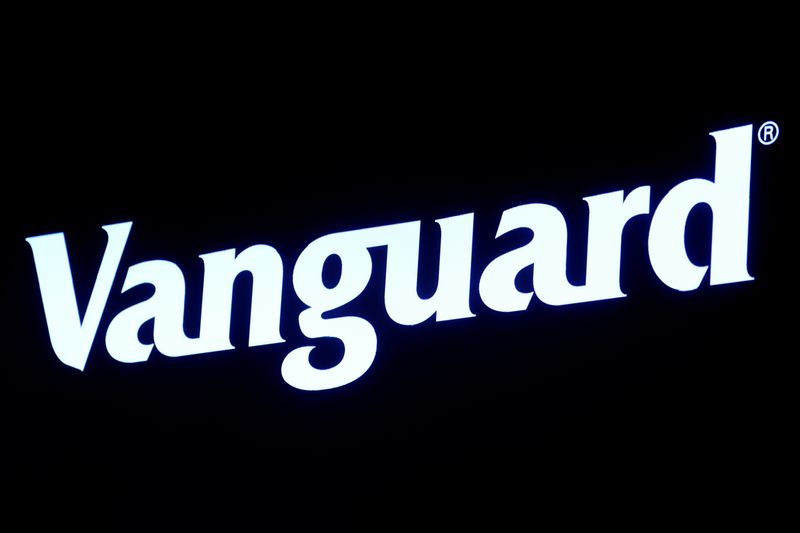(Reuters) -The U.S. Federal Deposit Insurance Corporation has reached a deal with Vanguard that will strengthen rules under which the investment management giant can take large stakes in major U.S. financial institutions, according to an agreement published by the watchdog on Friday.
The agreement gives the FDIC greater ability to oversee Vanguard’s investment activities and defines what is allowed as a passive investor in FDIC-controlled banks. The goal was to ensure that the largest asset managers, including Vanguard and BlackRock (NYSE:), would not influence the business decisions of the largest US banks, even as they acquire large stakes through indexed or passive mutual funds.
In a press release announcing the deal with Vanguard, Jonathan McKernan, director of the FDIC, said academic critics have raised concerns about the competitive risks of concentrated ownership and the concentration of power among a handful of institutional investors.
McKernan said the deal should allow banking regulators to address these concerns.
Under the deal, Vanguard is strictly prohibited from engaging in activities that influence the management or policies of institutions regulated by the FDIC, or their affiliates. Vanguard said this is in line with current practices.
“Vanguard is built around passive investing and has long been committed to working constructively with policymakers to ensure passive means passive,” a Vanguard spokesperson said.
Through ‘passivity agreements’, investors undertake to the regulators that they will not influence the banks in which they have an interest.

FDIC will monitor Vanguard’s investment activities, particularly any informal interactions Vanguard has with the management of FDIC-regulated banks.
It was not disclosed that a similar agreement had been reached with BlackRock. BlackRock was not immediately available for comment. The FDIC did not immediately respond to a request for further comment.


